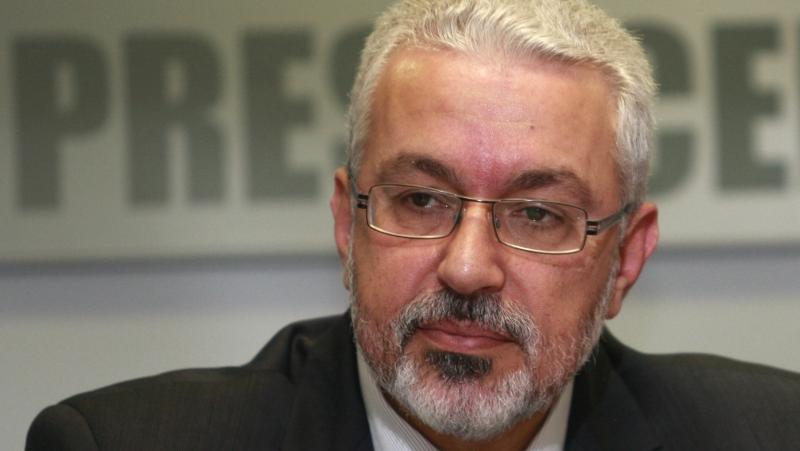/ world today news/ The division of the health package into basic, emergency and additional is an attempt to break up the current universal basic package that covered NHIF and thus limit access to medical care.
In practice, this will happen. We will pay the same money and receive less help because the new basic package will contain fewer illnesses that the Fund will cover. The rest will either be included in the additional package, or we will have to pay for them, or we will have to take out health insurance. In practice, the changes will result in more money being collected and less help being provided, or worse access and more expensive health care.
Concerns about not specifying which diseases will be included in which package are well founded. Through the Health Insurance Act, a vote is requested on one text, but the rest will be described with secondary regulations by the Minister of Health. Peter Moskov himself said that when the health package is distributed, there will be a waiting list. If a person needs surgery and is put on the waiting list, they will be looking at how to pay to get the others sorted. This in itself is a real corruption mechanism enshrined in law.
The existing regulation for payment of health insurance up to 3 years back from the interruption of health insurance rights is valid, but a retroactive legal requirement may be introduced. Extending the term by 15 years not only borders on ignorance of the law, but also arrogance and ignorance of a very high caliber. In Bulgaria, we have clarity on how many people do not pay their health contributions, just because they have no money. According to NRA data, these are 462,000 Bulgarian citizens. Since we can’t get these people to pay their annual fee, how do we get them to pay for 15 years? We have a high degree of ignorance and thoughtless suggestions. In its previous mandate, GERB even offered prison for those who did not pay. How many prisons do we need to build then? We are talking about a vicious model and approach here because there should be incentives to enter the system. She must be shown to be a refuge at any moment when we need medical help, not a threat. This will happen when the state becomes more respectful of both the health system and its own citizens. The private sector pays an average of BGN 46 monthly insurance, and the state – BGN 20. Look at what a bad example the country itself is setting!
I cannot agree with the claims that the NHIF has always been under state control because it was established as a public organization. There was also an Electoral Assembly of the representatives, which elected the Management Board. The Board in turn elected a director. There was also a Control Council. All this was destroyed over the years and GERB introduced only a Supervisory Board appointed by the Council of Ministers and a governor elected by the National Assembly. The politicization and nationalization of health care was carried out by those who today carry out additional nationalization, increasing the state quota in the management of the NHIF by two representatives. I am outraged that people who claim to be right-wing are practicing communism in action. /BGNES
——————–
Dr. Ilko Semerdzhiev, former Minister of Health, founder and first director of the NHIF. He is the leader of the “Right” coalition.
#give #money #health
How do you envision the proposed division of the health package into basic, emergency, and additional services affecting patient outcomes, and what measures can be implemented to monitor these changes effectively?
– Dr. Semerdzhiev, as a former Minister of Health and the founder of the NHIF, what are your thoughts on the proposed division of the health package into basic, emergency, and additional services? Do you believe this will lead to a more efficient and equitable distribution of healthcare resources, or might it exacerbate existing inequalities?
– Dr. Vodenicharov, as a medical expert, what impact do you think this change will have on the quality and accessibility of healthcare for ordinary citizens? How might it affect public trust in the NHIF and its ability to provide vital services?
– Both guests have expressed concerns about the lack of specificity in the proposed legislation regarding which diseases will be covered under each package. How important is it for the government to provide clear guidelines on this matter? What are the potential implications of not doing so?
– Dr. Semerdzhiev, you have suggested that requiring individuals to pay for healthcare services up to 15 years after their insurance has lapsed could potentially lead to financial hardship for many. Do you see any alternative models that could promote healthcare coverage while avoiding penalties for those who are unable to pay?
– Dr. Vodenicharov, you have criticized the politicization of the NHIF and the expansion of state control over its management. Can you elaborate on how this has impacted the agency’s ability to provide effective and impartial healthcare services to citizens? Are there any possible solutions to this issue?


